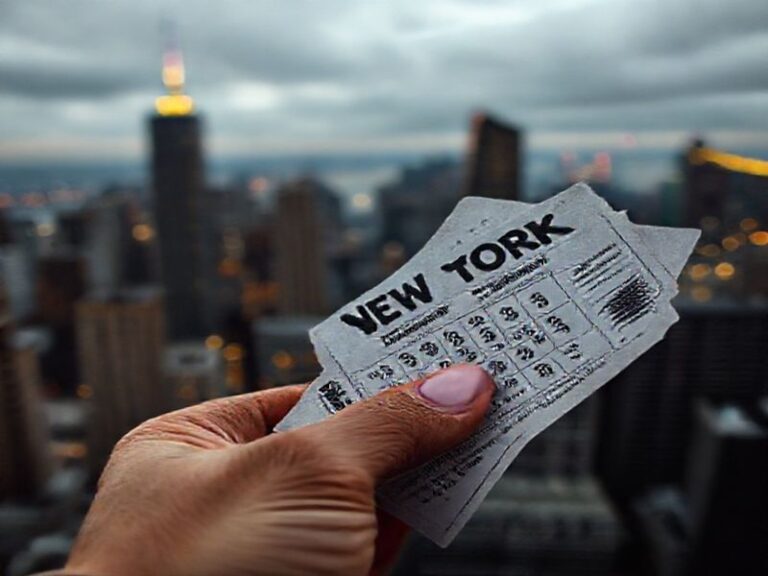Global Appeals: How Everyone from Warlords to Wheat Farmers Files for a Second Chance (and Third, and Fourth…)
Appeal: The Last Refuge of the Global Scoundrel
By Our Correspondent, Somewhere Between the Hague and Hollywood
There is, perhaps, no finer spectator sport than watching the mighty file an appeal. From war-crimes defendants in bespoke suits to TikTok influencers clutching restraining orders, the act of appeal has become the universal pastime of the modern age—a sort of judicial fantasy football where the rules are rewritten mid-match and the referee is always blind in one eye.
Take the International Criminal Court, where last week a former Balkan strongman—let’s call him “Slobo 2.0” to protect the litigious—lodged his 47th appeal against a life sentence for crimes against geography. His legal team, flown in on a Gulfstream with better catering than most weddings, argued that the court had no jurisdiction because the alleged atrocities occurred in a year when the Gregorian calendar was technically optional. The judges, looking like substitute teachers who’ve lost control of the classroom, adjourned to consider whether time itself is admissible evidence. Meanwhile, Slobo 2.0’s Instagram account posted a sepia-filtered selfie captioned “#StillFighting,” which promptly trended in three time zones he no longer recognizes as countries.
Across the planet, the appeal has become the lingua franca of power. Silicon Valley oligarchs appeal tax rulings from Dublin to Delaware with the same fervor medieval popes once reserved for excommunications. The European Commission, bless its bureaucratic heart, recently announced a streamlined “Appeal Express” lane for Big Tech: simply tick a box labeled “Innovation Cannot Be Confined by Mortal Law” and the fine is deferred until the heat death of the universe. Amazon has already pre-ordered the commemorative T-shirt.
Of course, the appeal is not reserved for the rich and infamous. In the Global South, where courtrooms often double as shelters from the weather, appeals are filed on the backs of unpaid electricity bills and whispered through cracked Nokia screens. A farmer in northern Kenya is currently appealing a seed-patent lawsuit brought by a Swiss agro-conglomerate on the grounds that the maize in question “volunteered” itself into his field after cross-pollinating with a neighboring plantation. The conglomerate’s lawyers counter that the maize’s genetic code contains their intellectual property—specifically, a Monsanto© joke so subtle only a corporate lawyer could detect it. The case is expected to conclude sometime after the Rapture, assuming the court Wi-Fi holds out.
Even Mother Nature, it seems, has learned to appeal. Pacific island nations are petitioning the International Tribunal for the Law of the Sea to recognize rising sea levels as “an unlawful occupation by H₂O.” The motion is legally creative—think Kafka meets Jacques Cousteau—and includes a footnote suggesting that if the ocean refuses to respect borders, perhaps it should be issued a passport and made to queue at customs like everyone else. Australia, meanwhile, has lodged a counter-appeal arguing that the reef it spent decades bleaching was “always more of a guideline than an ecosystem.” Coral polyps were unavailable for comment, having unionized.
What unites these disparate dramas is the delicious illusion that somewhere, somehow, a higher authority still gives a damn. Appeals traffic in the same commodity as cryptocurrency: pure, uncut hope, mined at great expense and traded at even greater absurdity. Whether you’re a genocidal general or a grandmother fighting a parking ticket, the appeal offers a bureaucratic afterlife where justice might, against all odds, be served—ideally with a side of fries and a time extension.
The broader significance? In an era when facts are franchised and reality negotiable, the appeal has become the final shared ritual of a fractured world. It is the last campfire around which plaintiffs, dictators, influencers, and endangered species huddle, singing the same hymn: “Maybe tomorrow the referee will see it my way.” Spoiler alert: he won’t. But the appeal keeps the lights on in the courthouse, the Gulfstream idling on the tarmac, and the rest of us glued to the spectacle like toddlers watching a magic trick we already know is fake.
And so we wait, motion after motion, appeal after appeal, until the glaciers themselves file for habeas corpus. Until then, pass the popcorn—and keep the receipt. You’ll need it for the refund appeal.







